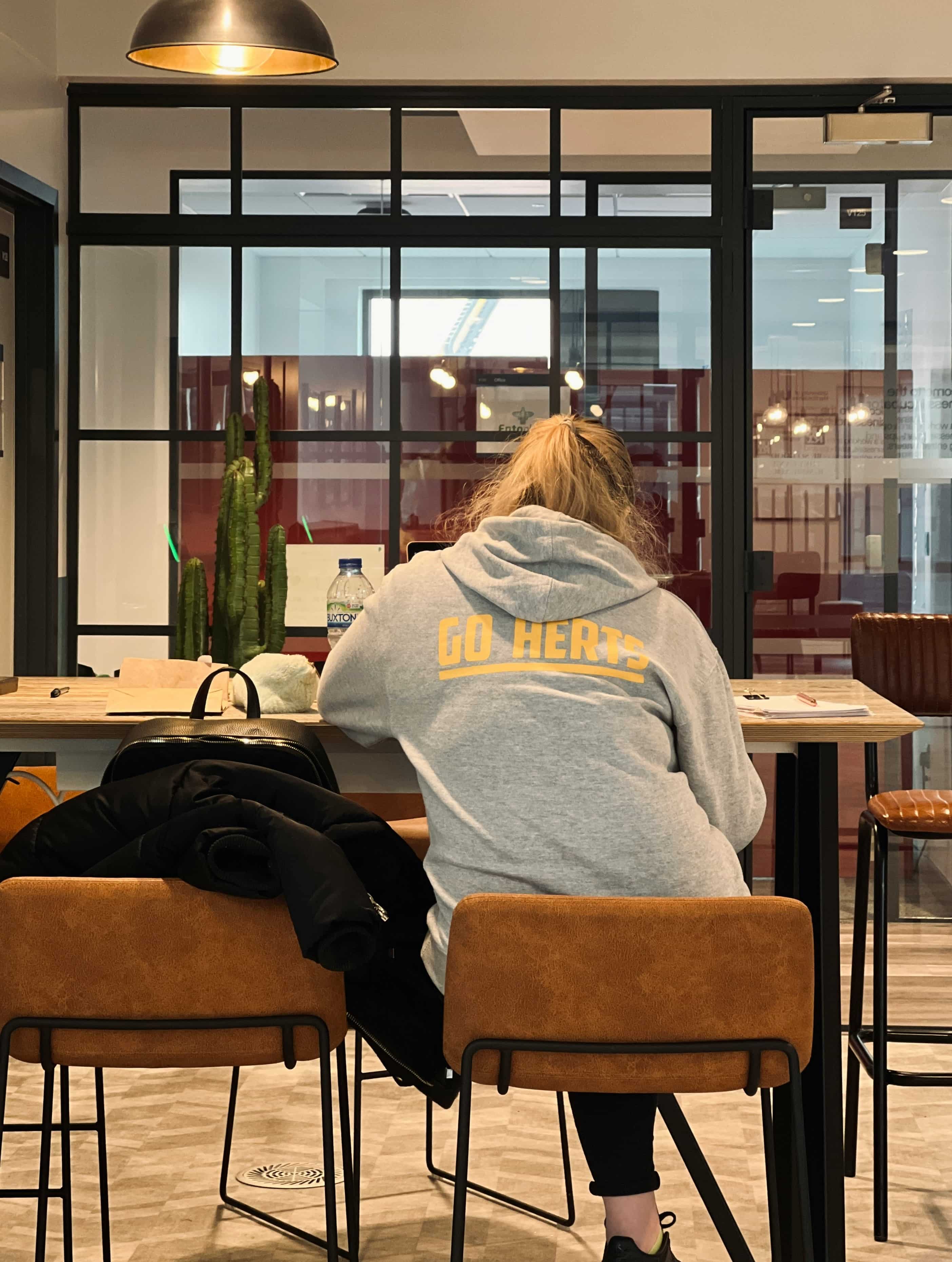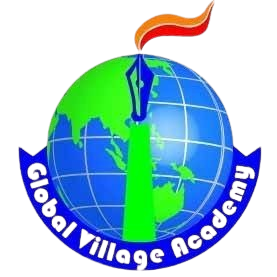Study in the United Kingdom
A world-class education destination with a rich history and global reputation.
Why Study in the UK?
- World-Class Universities: Gain a globally recognized degree from top-ranked institutions.
- Shorter Master’s Degrees: Complete your postgraduate degree in just one year.
- Strong Industry Links: Benefit from deep connections in tech, finance, medicine, and creative industries.
- English-Taught Programs: Access a wide variety of courses taught entirely in English.
- Graduate Route Visa: Stay and look for work after graduation.

Admissions: What to Prepare
Bachelor's (Undergraduate)
Applications are typically managed through UCAS. Key documents include:
- Academic transcripts (SSC/HSC).
- A compelling Personal Statement.
- References and potentially interviews, depending on the course.
- Proof of English proficiency (e.g., IELTS).
Master's (Postgraduate)
Applications are usually made directly to the university. You will need:
- Bachelor's transcript and degree certificate.
- CV and Statement of Purpose (SOP).
- 1-2 academic or professional references.
- English test score or MOI certificate.
- Work experience for some courses (e.g., MBA).
Confirmation of Acceptance (CAS)
After receiving an offer, the university will issue a CAS. This document is essential for your Student Visa application and must be used within its validity period.

Tuition & Living Costs
- Undergraduate: £10,000 – £22,000+ per year.
- Master’s: £8,000 – £23,000+ per year.
- Living Costs: Vary significantly by city, with London being the most expensive.
Scholarships
Many universities offer scholarships for international students, typically ranging from £2,000 to £5,000. Our counselors can help you find and apply for these opportunities.
UK Student Visa Essentials
Key Requirements
You must apply for a Student Visa after you receive your CAS. The fee is currently around £524 plus an Immigration Health Surcharge.
- Valid Passport & CAS Number.
- Bank statements showing required funds.
- TB Test Certificate: Mandatory for applicants from Bangladesh from an IOM-approved clinic.
- Proof of English proficiency & academic documents.

Work & Post-Study Options
Work While Studying
Most degree students can work up to 20 hours per week during term-time and full-time during vacations. Always check your visa conditions.
Graduate Route Visa
This post-study work visa allows graduates to stay in the UK for 18 months to find work after completing their course. You must apply from within the UK.
Path to Residency
If you secure a sponsored job, you can switch to a Skilled Worker visa. After 10 years on a qualifying route, you may be eligible for Indefinite Leave to Remain (ILR).
Quick Checklist for Bangladeshi Students
- Choose your course and university.
- Prepare and meet all entry requirements (grades, IELTS, etc.).
- Get your offer, receive your CAS, and arrange your TB test.
- Gather funds proof and apply for your Student Visa.
- Upon arrival: Collect your BRP, register with the university, and open a bank account.
- After graduation: Apply for the Graduate Route, job hunt, and aim to switch to a Skilled Worker visa.
